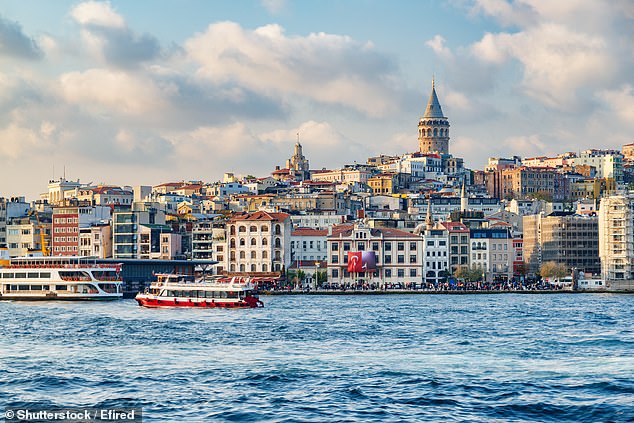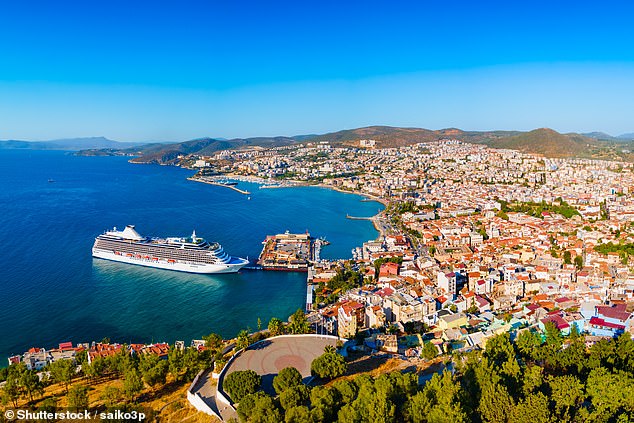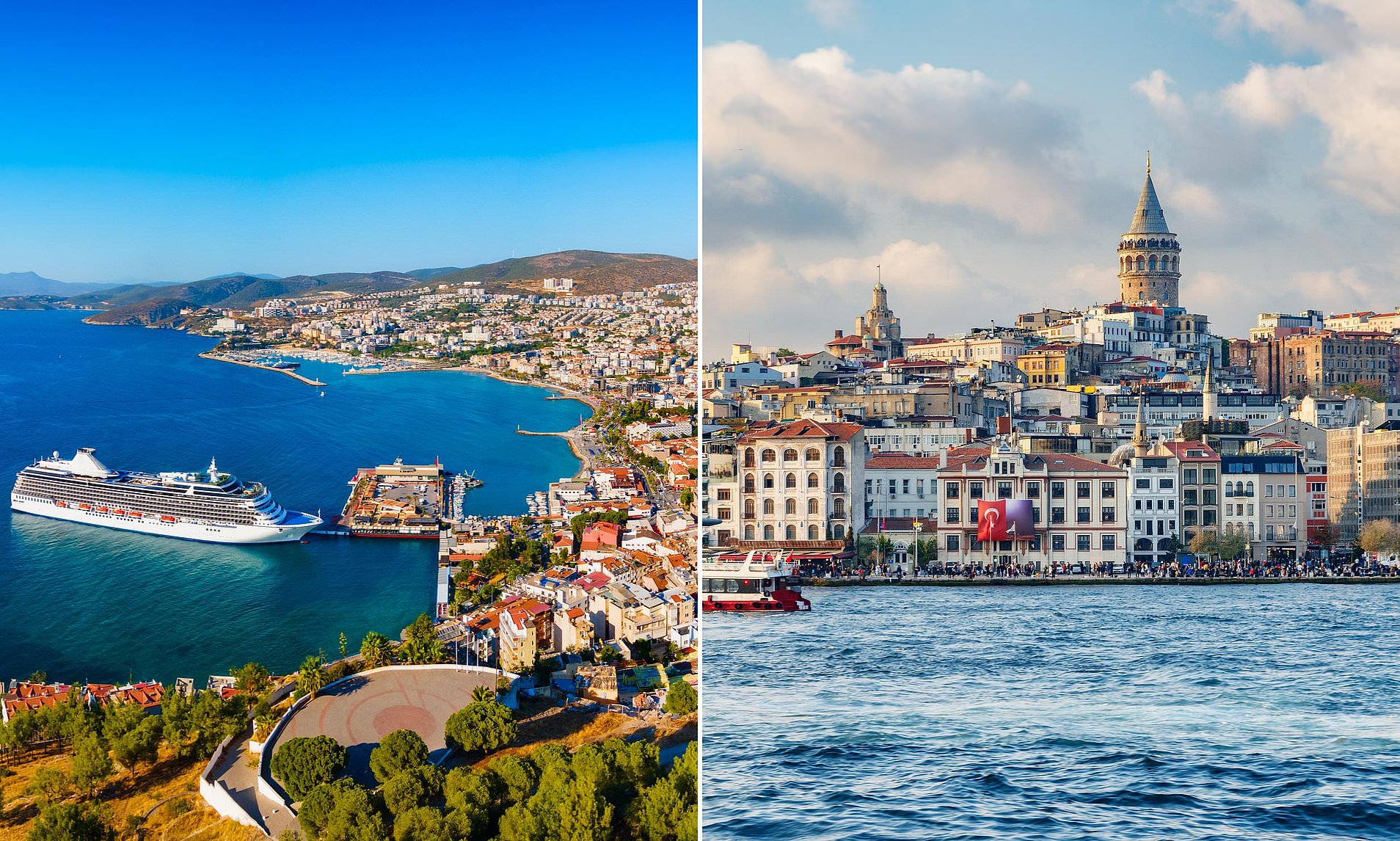-
READ MORE: Beautiful Italian city is a ‘treasured secret’ with under £20 flights
Turkey is one of the UK’s top holiday destinations and around 4.4 million British tourists travelled there in 2024.
But due to Turkey’s border with
Iran
, some tourists have become concerned about whether it is safe to visit.
The UK Foreign, Commonwealth and Development Office considers all of Turkey’s main tourist areas as safe to travel to. This includes Istanbul and leading beach destinations such as Antalya and Bodrum.
The
UK government
advises against all travel to within 10km of Turkey’s border with
Syria
‘due to fighting and a heightened risk of terrorism’.
Regional travel advice has been issued for British nationals attempting to cross into Turkey through its border with Iran.
The government advises all Britons to ‘request facilitation from the British Embassy in Ankara before travelling to the border’ from Iran.
Tourists are also
urged to be aware of ‘regular demonstrations and protests’ currently taking place in Istanbul and other Turkish cities.
The government says: ‘Events in Israel and the Occupied Palestinian Territories have led to heightened tensions in the region and in locations across Turkey.


‘Demonstrations continue to occur outside diplomatic missions connected to the conflict in major cities, particularly Israeli diplomatic missions in Ankara and Istanbul.
‘Avoid all demonstrations and leave the area if one develops. Local transport routes may be disrupted.’
Flights from the UK to Turkey have not been impacted by the conflict.
On June 24, Israel accused Iran of violating an agreed ceasefire and said it has detected missile launches from Iran.
Defence minister Israel Katz has said he has instructed the IDF to ‘respond forcefully to Iran’s violation of the ceasefire with intense strikes against regime targets in the heart of Tehran’.
The Foreign Office advises British tourists against all travel to Israel and Iran. A ‘shelter in place’ warning for Qatar following strikes on the Al Udeid Air Base has been lifted.
Read more






